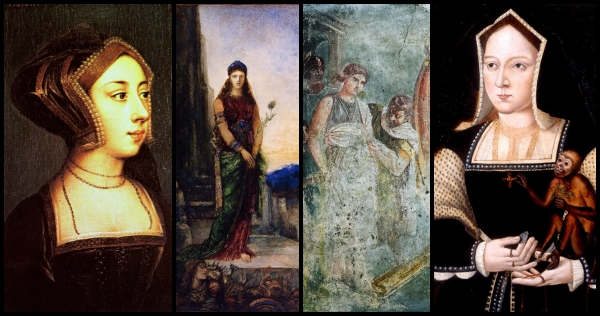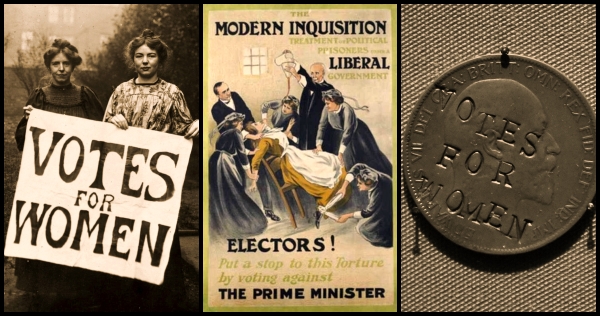Part 43: Ophelia's Owl and Hamlet's Mousetrap (cont.)

Last week [1] I shared my belated realization that, after seeing Hamlet’s playlet that he calls “The Mousetrap” [2], Ophelia refers to a folktale in which a baker’s daughter is turned into an owl [3], and that an owl is a “living mousetrap.” For now, I’d like to call mousetraps masculine and externalizing, and owls, female and internalizing. In Shakespeare’s Elizabethan slang, a man had a “thing” between his legs, an external organ; a woman had a “nothing,” an “O,” which could potentially receive a man’s “thing” and which led to her womb, another “O” of potential.[4] Hamlet’s mousetrap analogy for a play to catch the king’s conscience [5] is an external thing, as the script and players (like moving parts of a mousetrap) are external to his body. One sets a mousetrap and waits.[6] In contrast, the owl, a living mousetrap, consumes mice, takes them inside itself, later regurgitating bones and hair. Mousetraps are externalizing and male, like rapiers that Hamlet and Laertes use




